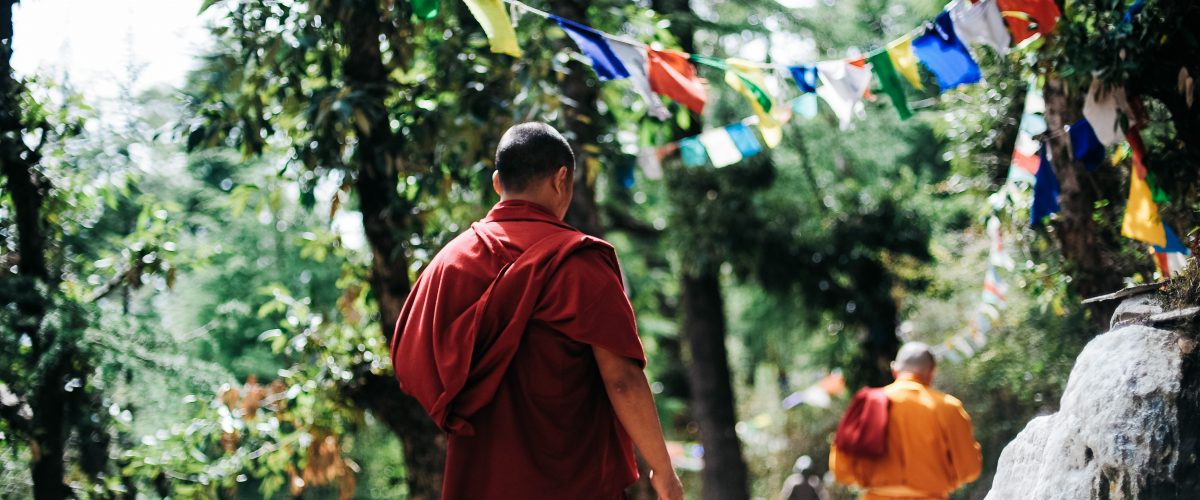Reflection on the role of religions in shaping the transformation the world will need after the pandemic COVID-19 – with respect to Buddhism.
Throughout the Buddhist world teachers and religious leaders have been quite proactive in their response to the Covid-19 pandemic and its challenges. We see this response from across the spectrum of traditional forms of Buddhism: The Dalai Lama, the Supreme Patriarchs of various Southeast Asian Theravada countries, the international president of the Japanese Soka Gakkai, and the Chinese leaders of Fo Guang Shan and Tzu Chi, have been offering advice, counsel, and comfort since the beginning of the pandemic. We see it even more explicitly in the work of modern western-born Buddhist teachers, whose familiarity with digital resources, and online presence, made a rapid outreach via the internet possible.
An obvious yet important point to remember is that we don’t yet know “where it is all going”. We have no clear idea about how long the pandemic will last, how it will end, how severe its economic and social damage are, and what its long-lasting consequences will be. Scientific opinion about the virus and our best response to this crisis is still in flux. Not least of the pandemic’s dangers is that people are vulnerable to manipulation through false information and politically-driven agendas.
To all of this, Buddhism offers a clear response. If the Buddha’s teachings can be summarized in one point it would be that we must see things “as they truly are”. This means we strive to free ourselves from greed, hatred, fear, and delusion. Applying this to the pandemic, many Buddhist teacher begin by cautioning us to find a middle way between doomsday predictions of the world’s future, and the simple-mined denial of the pandemic’s danger and possible duration.
As a well-known Thai monk put it recently “[It] is all too easy to feel helpless at the perceived scale of the crisis. Yet it is precisely during such times that the Buddhist values of mindfulness, compassion, and acceptance are most needed. We have to find a careful balance between carelessness and craziness.”
Throughout the world people of faith, Buddhists included, have worked to offer solace to those in fear, comfort to those in grief, and relief for those hurt by the lockdown and the economic crisis it engendered. What Buddhism has to offer specifically is focused attention on seeing reality clearly, and responding in a healthy and balanced way. A common saying among Buddhists is that we cannot control the external world, but we can control the internal world.
By this they do not mean a retreat into self-centered detachment to avoid life’s pain. They mean, rather, that we must develop within ourselves the resources needed to keep ourselves sane and hopeful – and to help others in their need. John Makransky a lama in the Tibetan tradition and professor at Boston College, teaches that we must nurture within ourselves a “core of compassionate awareness” which will then serve as “a secure base to sustain compassion toward others”.




